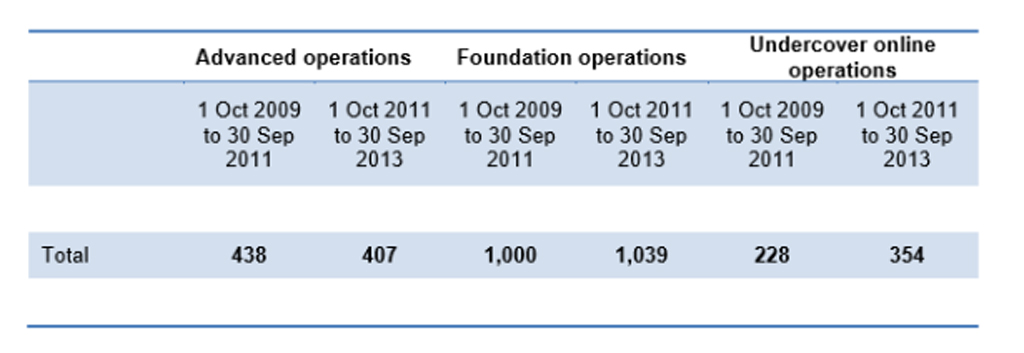Controls on undercover policing ‘ineffective’
A group of senior police officers in charge of keeping undercover policing in check lacks “teeth” and should be overhauled immediately, a damning report by inspectors has said.

A highly critical report on undercover policing has revealed 1,229 officers are on active duty in hundreds of operations around the country.
But inspectors have expressed grave concern about the accuracy of numbers, deployment, support, organisation and coordination in this area of policing.
Her Majesty’s Inspectorate of Constabulary accuses senior officers who sit on the National Undercover Working Group as being “ineffective”, having “lack of influence”, commanding “little confidence”, and describes the group as “a state of affairs that has run its course”.
The Home Secretary Theresa May ordered the inspection following a catalogue of problems in the use of undercover tactics which in the past has been castigated for “sleeping with the enemy”, stealing the identities of dead children and providing misleading evidence in court.

The damning report found that five forces have no undercover resources to investigating cybercrime and online grooming.
Elsewhere, the inspectorate recommends random drug testing for officers, better psychological support in some forces, and a maximum 10-year service in covert policing, after finding one example of one officer who had worked on undercover operations for more than 20 years.
Inspector Stephen Otter, who led the inspection, said: “It was disappointing to find inconsistencies and shortcomings in the way undercover officers were supported by policies, systems and training across the country.”
National policing lead for undercover policing, Deputy Chief Constable Jon Boutcher, said: “I want to reassure the public that undercover operations are subject to a scrupulous authorisation process and are now rigorously overseen.
“We must not forget the bravery of undercover officers and that this tactic has saved lives, protected victims and brought dangerous criminals to justice.”